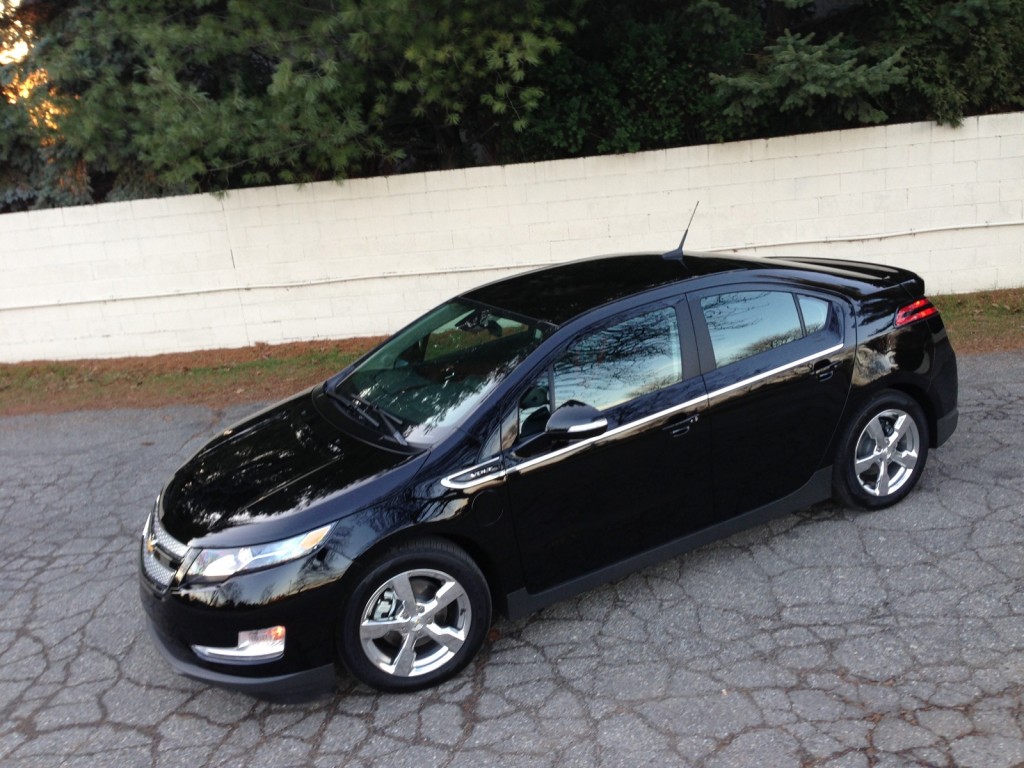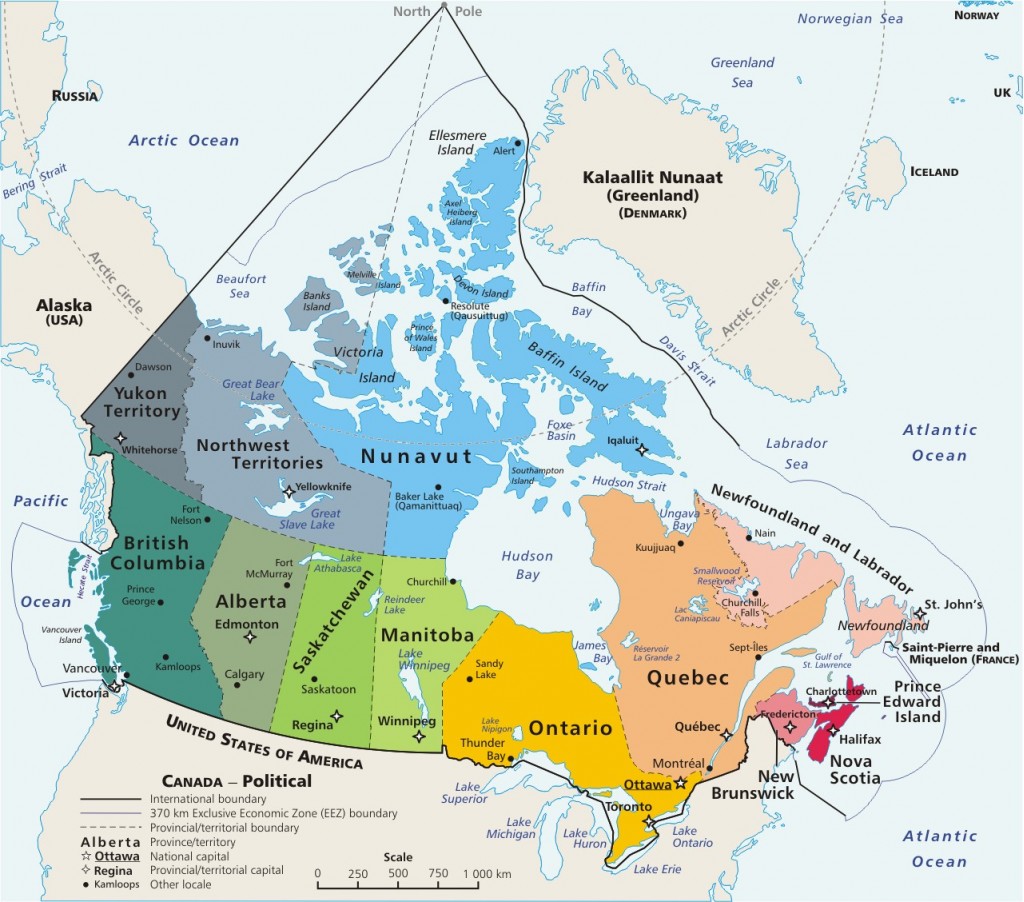
2013 Chevrolet Volt - Driven, December 2012
We've covered U.S. sales of plug-in electric cars--which tripled last year.
Now, as the puck drops on a new hockey season, readers' thoughts might turn to our northern neighbor--and wonder whether Canadians lead or lag their American cousins when it comes to buying plug-in cars.
Canada: One-third the U.S. rate
As in the U.S., exact numbers are hard to get, thanks to a lack of sales figures from Tesla and others. But plug-ins represented roughly 0.1 percent of Canadian new car sales, or about 1,800 out of 1.7 million vehicles.
That's lower than plug-ins' market share in the US (0.3 percent), despite Canadians paying more for gasoline and less for electricity than U.S. buyers.
Policy inaction probably isn't the cause, either.
While there's no Federal tax credit for plug-in vehicles in Canada, three provincial governments representing 75 percent of the Canadian population (Ontario, Quebec, and British Columbia) stepped up this past year with purchase rebates of up to C$8,500 [roughly US$8,500] for early adopters.
Why Canada lags ... for now
Complex situations often require complex explanations (and what is the new car market if not complex?) but a few factors are notable. While they may not give probable cause, they offer plausible cause.
a) Lagging infrastructure: while it has 10 percent of the U.S. population, Canada has a much lower proportion of faster chargers (Level 2 and up).
Consider that today, only about 1 percent of the stations in ChargePoint's network are in Canada. Even factoring in other charger networks (e.g. the home-grown AddEnergie), Canada surely trails in the chargers-per-capita category.
Happily for Canadians, this should change in 2013 as the three most populous provinces have rolled out subsidies to build out charging infrastructure.
The Canadian company Sun Country Highway has even unveiled a charging station network spanning the Trans-Canada Highway--the Canuck equivalent to a U.S. charging network that would span I-5, I-95, I-90 and I-10.
b) Thriftier tastes: Canadians seem to buy less-expensive vehicles than Americans. Consider the two countries' best-selling cars and trucks, respectively. In Canada, the base price of the most popular car, the Honda Civic, starts in the $15,000's--while the best-selling U.S. car, the Toyota Camry, starts at $22,000.
In Canada, the Ford F-series starts at $19,999--but its base price is $23,000 in the U.S.
If Canadians prefer cheaper vehicles (or, at least, autos with lower up-front costs) then plug-ins suffer a double disadvantage, as they're typically priced higher up north.
The Chevy Volt starts at $42,000 in Canada, versus $39,995 south of the border.

Canada
c) Is that a housing bubble? A cover story in Canada's national newsmagazine MacLean's argues that the housing market has become a popping bubble. While the U.S. housing bubble peaked in 2006, Canadian real estate peaked in spring 2012, with household debt reaching levels seen in America at the peak of the U.S. housing market. If Canadian consumers pay down their debt in coming years, the higher up-front costs of electric cars might stifle sales, even relative to 2012.
[Full disclosure: the author was quoted in the above-linked magazine seven years ago arguing house prices were a bubble back then. He and his wife used the money saved by renting to purchase their plug-in Prius last fall.]
Two-thirds of plug-ins are Volts
Moving from the size of the Canadian electric-car market to its components, the Chevy Volt maintained an iPod-like dominance, with a market share of about two-thirds: 1,225 sales. If the statistics are accurate, the Volt ended 2012 with its 1,500th cumulative Canadian sale.
In 2012, the Nissan Leaf (240) and Mitsubishi i-MiEV (196) trailed far behind in second and third place. The Toyota Prius Plug-In Hybrid, arriving in September, took fourth place (63) but outsold both the Leaf and i-MiEV in each of its four months on the market.
Matthew Klippenstein is a professional engineer and plug-in electric vehicle enthusiast. A member of the Vancouver Electric Vehicle Association, he lives with his family in the nearby suburb of Burnaby.
+++++++++++












